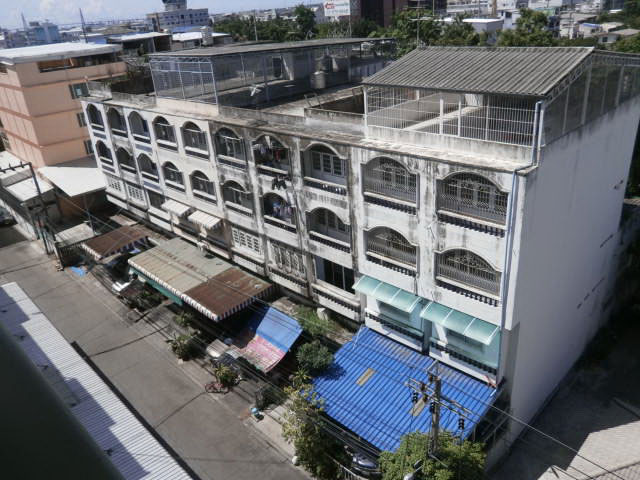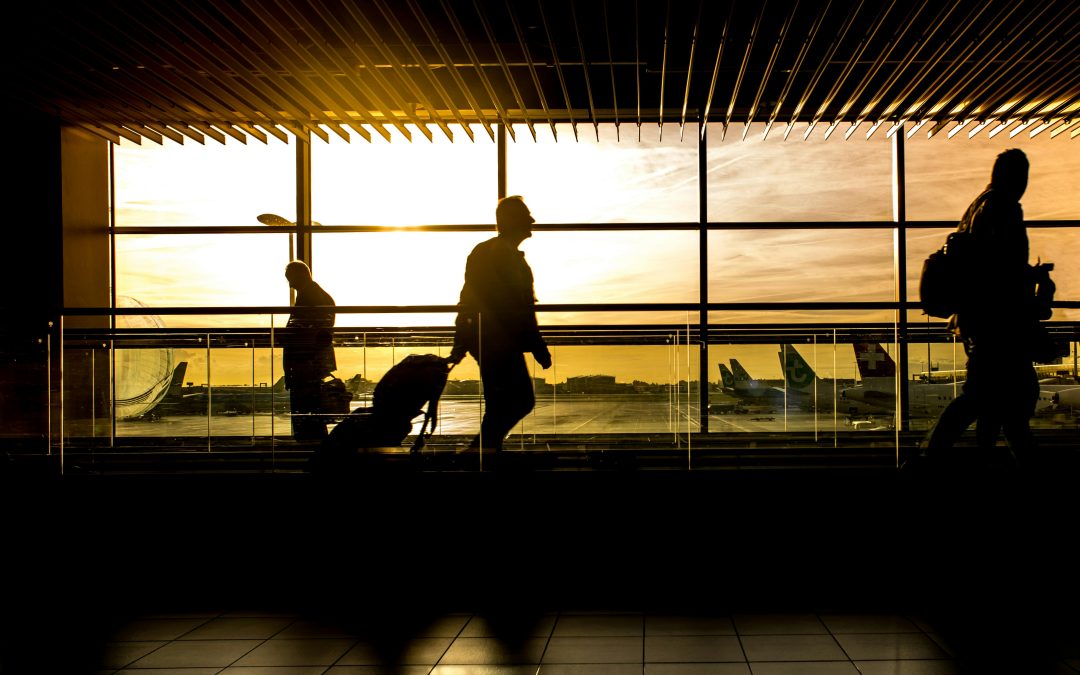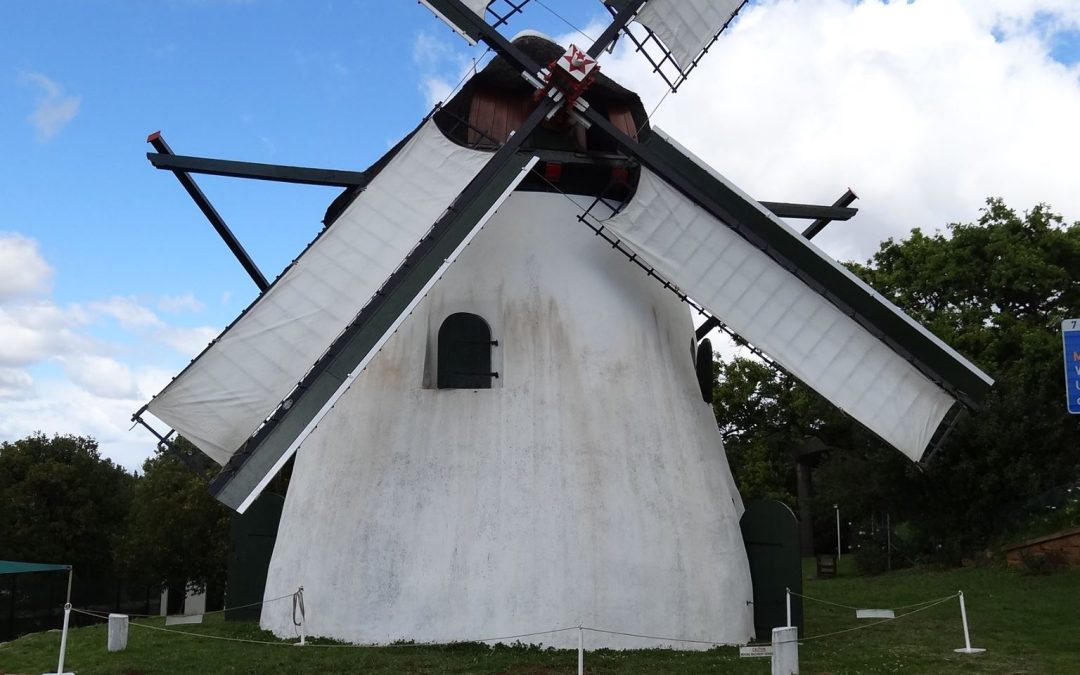Thailand is a country of contrasts. When you drive through the countryside, you see the land baron’s (my word for them) huge house on the edge of the sugar plantation or whichever plantation they own. The workers live in minute houses. Sometimes they live in perilous conditions and mostly the workers are from the other side of Thailand’s borders.
In the city people live on top of each other in small units consisting of one room and a bathroom. When they move to the next job, they have very little with them. Normally only a backpack and suitcase between two adults and a child.
In Bangkok, the line between poor and rich is not as visible, because in Bangkok there is no suburb away from the industrial areas. Everything is mixed together. The factory owner will normally build his two- to three-storey house next to the factory and not far from there, you find block of flats upon block of flats with the same unit size as mentioned above for the workers.
Buildings are built with the same living units on top of them (see photo) and the floor level area is the businesses. There are literally whole blocks of streets filled with these work/living spaces. It causes that everything in Thailand looks the same and it does take some time to get to know your environment.
A normal Thai teacher earns more or less R5 000 per month and they work long hours, from 7 am to 4 pm with very little time to rest. The administrative burden makes it difficult for them to do their jobs as teachers properly and their culture also trips them up. I also found out that professors and lectors do not earn much more than the teachers. They have to be truly devout to work for such a salary.
And this is what I admire about the Thai people. They suffer and most of them owe their lives to the bank, but every morning they get up and do what they need to do. You don’t hear them complain even though most of us are aware of many complaints that need to be laid. They all have something to eat each day and I also noticed that those poor people, who own street stalls, offer those who have nothing something to eat or drink without asking anything for it.
Some parents spend almost all their income to pay for their children’s education in a school system that miserably fails their children. There is no political will to reform or modernise the school education system.
It is a daily fight to survive, but they each do what they have to do, to make life bearable for themselves.









